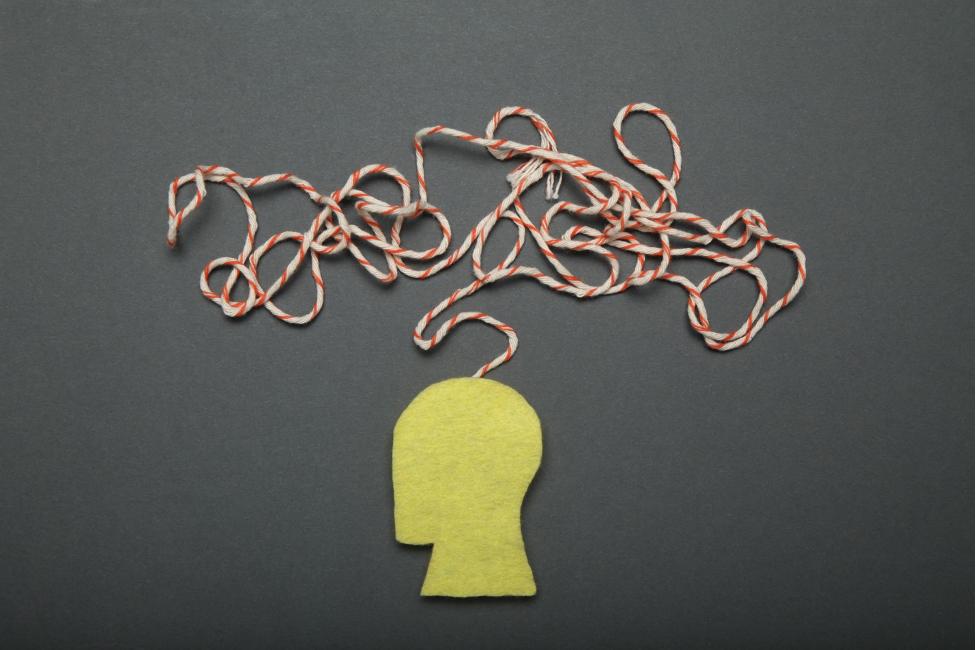Adult attention-deficit hyperactivity disorder (ADHD) has a 3-4% prevalence in the general population. The condition often coexists with other clinical disorders. These other disturbances could include issues with anxiety, sleep, moods, personality, drugs or alcohol. Within the last decade, many researchers have examined the co-occurrence of ADHD and substance use problems. As with ADHD, substance use disorders (SUDs) have significant social, psychological and economic implications, making their proper treatment critical to a person’s ability to live a sustainable life. Adults with ADHD often have substance use disorders that involve nicotine, alcohol, cannabis and cocaine, to name a few.
What Is ADHD?
Attention-deficit hyperactivity disorder is a neurological disorder that manifests as aberrant patterns of behavior that interfere with a person’s ability to pay attention, focus on and complete tasks, manage time and regulate impulsive behavior. The condition describes a set of symptoms that may have a distinct impact on children and teenagers diagnosed with it.
The same symptoms may be seen in adults with ADHD, even those who do not have a preexisting neurological disease. ADHD characterizes disruptive behaviors that interfere with regular social interactions and routines, such as restlessness and trouble concentrating, as well as hyperactivity or inattentiveness.
What Is a Substance Use Disorder?
Substance use disorder refers to people who misuse substances because they like how the drugs make them feel or self-medicate for emotional or physical problems. It may include licit substances such as alcohol or recreational drugs such as marijuana and cocaine in certain instances. Substance use disorder may manifest as a compulsion to use drugs, a lack of control, the development of tolerance for a substance and poor decision-making.
Many people refer to substance use disorder interchangeably with the term addiction, which is the most severe form of SUD, according to the National Institute on Drug Abuse. Comparatively, alcohol use disorder may lead to alcoholism in its most serious degree. You will find that rehabilitation programs may use a few medications approved by the Food and Drug Administration to address alcohol withdrawal symptoms, and there are also several pharmacological alternatives for treating SUD.
The Connection
According to research, the risk of a person developing SUD rises with the progression and extent of their ADHD. The National Epidemiologic Survey on Alcohol and Related Conditions found that each different ADHD symptom before age 18 related to a higher lifetime risk of developing substance use disorder in the long run. Research also shows that patients with co-occurring substance use disorders and attention-deficit hyperactivity disorder have shorter SUD remission rates and more suicide attempts than those without ADHD.
In 2006, the National Comorbidity Survey Replication or NCS-R found that 15% of people with adult ADHD also fulfilled the criteria for a substance use disorder, compared with almost 6% of individuals without an ADHD diagnosis. In addition, someone with SUD who also has ADHD is more likely to progress to more severe levels of substance use.
Risk Factors for Substance Use in ADHD Patients
There are a few risk factors that influence the susceptibility a person with ADHD has for developing SUD. The most researched are genealogical factors. Some include:
- Having a parent who has a history of substance abuse history or substance abuse disorder
- Absence of a father during early developmental stages as a child
- Maternal history of substance abuse disorders
- Maternal use of illicit drugs during pregnancy.
ADHD has a significant genetic association with polymorphisms or changes in the dopamine D2 receptor gene (DRD2). DRD2 is one of many receptors that regulates the neurotransmitter dopamine’s actions. Researchers think that the genetic variant of DRD2 in many individuals with ADHD is to blame for their attempts to self-medicate. Dopamine is usually behind reward-seeking behavior. It is the brain’s primary reward signal.
For example, in 2012, researchers discovered that DRDC2 variations made it possible to predict whether study participants would find first encounters with nicotine to be favorable. Subsequent studies show that many individuals with ADHD report how smoking helps reduce the symptoms of their illness. Similarly, as compared to their peers who do not have ADHD, children with the condition were found to be twice as likely to develop a nicotine addiction.
Challenges Faced by Patients with Comorbid ADHD and SUD
When a patient has ADHD and drug use or alcohol problems, it may be a thorny path for their health care provider to traverse. With substance use disorders, patients must confront many difficulties. For example, the absence of a common vocabulary and the generalization of the word “addiction,” frequently linked with dependency, can be a significant problem when getting treatment.
A person’s heavy substance use may cause them to experience withdrawal symptoms during recovery. And, unfortunately, there is a scarcity of adequately educated health care practitioners who can identify the signs of alcohol, cannabis and cocaine withdrawal, for instance.
Adults with ADHD often struggle with cognitive, social, emotional and motor skills, which impede social integration and family functioning. These issues may lead to isolation, depression, anxiety and increased drug use or drinking, only exacerbating the existing difficulties in a person’s life.
Benefits of Treatment
According to a 2008 report, psychotherapy is an effective method of treatment for ADHD and substance use problems. Columbia and New York University (NYU) researchers performed a study to evaluate the effectiveness of therapy for adult patients with attention-deficit hyperactivity disorder and substance use disorder.
Although many providers treat adult ADHD with psychotropic medication, the researchers discovered that some individuals might benefit more from psychotherapy alone. However, most recovery experts would agree that the optimal rehabilitation strategy for those suffering from SUD and ADHD is to integrate medication management with psychotherapy or behavioral therapy, whether the talk therapy is individual counseling, group therapy, or a combination of the two.


